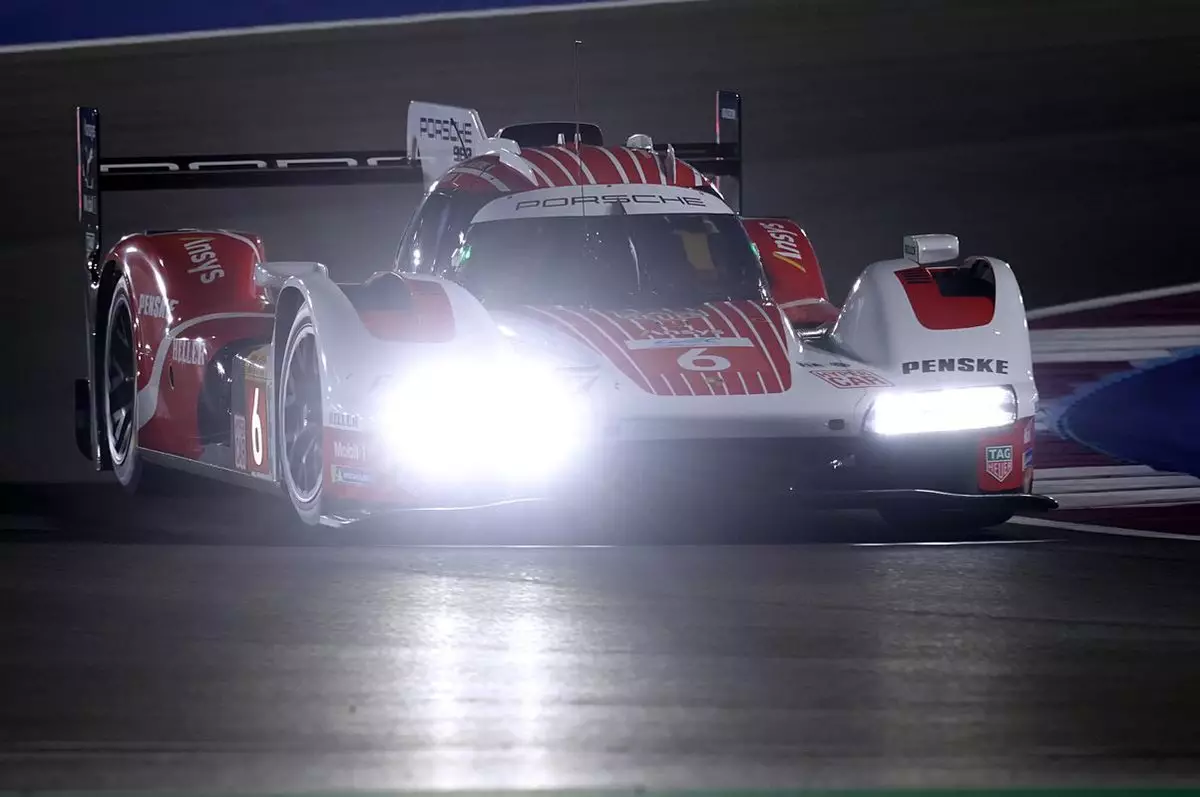Porsche has recently announced the decision to delay an update on the crankshaft for the 963’s 4.6-litre twin-turbo V8 engine. This decision came after discussions with WEC organizers, the FIA, the Automobile Club l’Ouest, and IMSA in North America. The FIA and ACO demanded that the engine should be ready for assessment at the Imola WEC round in April and the Spa race prior to Le Mans in June. However, Porsche’s 963 project chief, Urs Kuratle, revealed that there was not enough time for endurance testing and production of sufficient engine units for both the factory Porsche Penske Motorsport squad and customer teams.
The timeline set by the governing bodies was further complicated by the clash of the Imola WEC round with the Long Beach IMSA SportsCar Championship event in April. This necessitated the conversion of engine supplies for multiple PPM 963s and customer cars, all of which had to run the same engine specification at all times due to LMDh rules. The introduction of the latest spec LMDh hybrid system had eased concerns over reliability, but the decision to delay the engine update was ultimately made to ensure proper testing and production.
The decision to revise the engine, specifically switching from a 180-degree to a 90-degree crankshaft configuration, was driven by the need to reduce vibration for hybrid system reliability. Despite the successful performance of the hybrid system at the Daytona 24 Hours, Porsche chose to concentrate on endurance testing with the old crankshaft before Le Mans. The plan to introduce the engine revisions later in the season remains, but a timeline has yet to be established.
Kuratle did not confirm whether the engine update would count as one of the evo joker performance upgrades allowed for each manufacturer in the LMDh or Le Mans Hypercar categories. He mentioned that it would likely be considered as one, but final approval is pending. Upgrades made for reliability purposes are not limited, but they still need to be approved by the rulemakers.
The decision to delay the engine update for the Porsche 963 highlights the complexities and challenges faced in the world of endurance racing. While the focus is on enhancing performance and reliability, the importance of thorough testing and production cannot be overlooked. Porsche’s commitment to ensuring the best possible outcome for both their factory team and customer squads is evident in this decision. As they continue to navigate the competitive landscape of endurance racing, Porsche remains dedicated to pushing the boundaries of innovation and excellence.


Leave a Reply